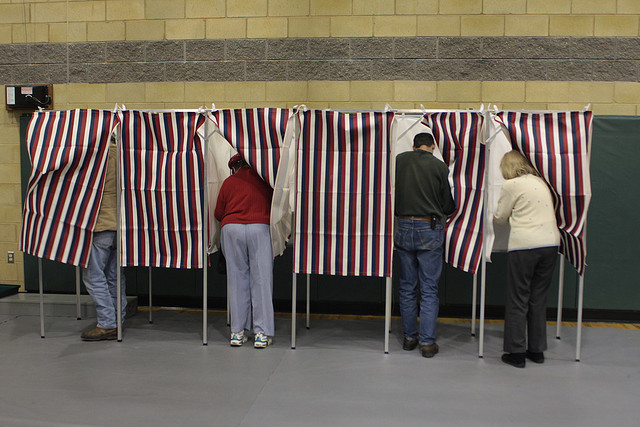Supreme Court Agrees to Settle Meaning of ‘One Person One Vote’

*The U. S. Supreme Court has decided to look into the bedrock principle of one person one vote. At issue is the difference between representational equality and the idea that voters “hold the ultimate political power in our democracy,” as well as between the power of rural voters versus urban voters. This case affects Latinos directly because most Latinos live in urban areas and have a proportionately larger number of non-eligible voting population. VL
 By Adam Liptak, The New York Times
By Adam Liptak, The New York Times
WASHINGTON — The Supreme Court agreed on Tuesday to hear a case that will answer a long-contested question about a bedrock principle of the American political system: the meaning of “one person one vote.”
The court’s ruling, expected in 2016, could be immensely consequential. Should the court agree with the two Texas voters who brought the case, its ruling would shift political power from cities to rural areas, a move that would benefit Republicans.
The court has never resolved whether voting districts should have the same number of people, or the same number of eligible voters. Counting all people amplifies the voting power of places with large numbers of residents who cannot vote legally, including immigrants who are here legally but are not citizens, illegal immigrants, children and prisoners. Those places tend to be urban and to vote Democratic.
A ruling that districts must be based on equal numbers of voters would move political power away from cities, with their many immigrants and children, and toward older and more homogeneous rural areas.
Click HERE to read the full story.
[Photo by redjar/Flickr]

